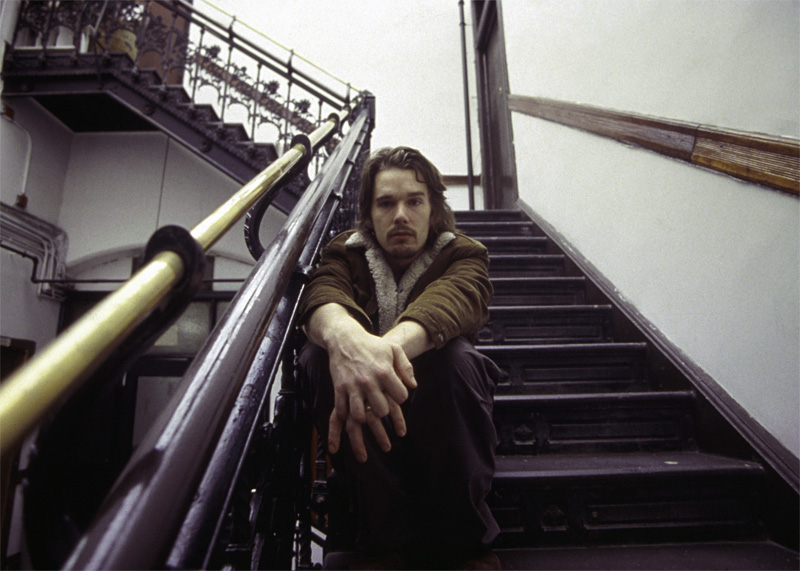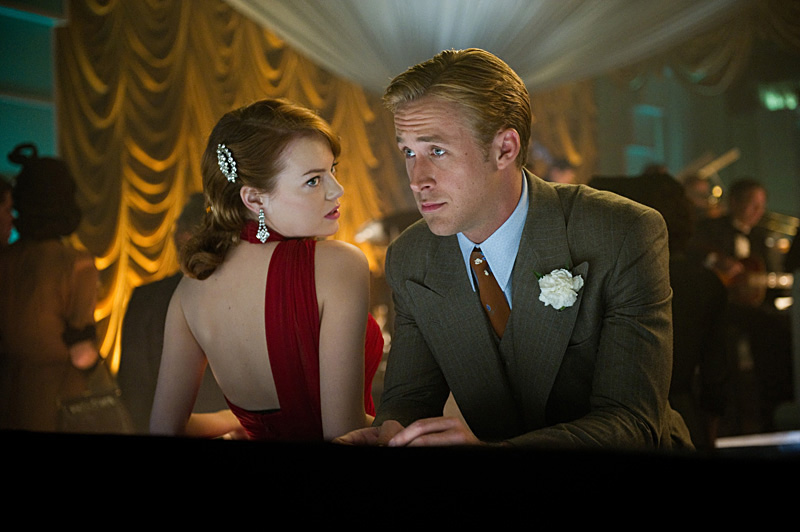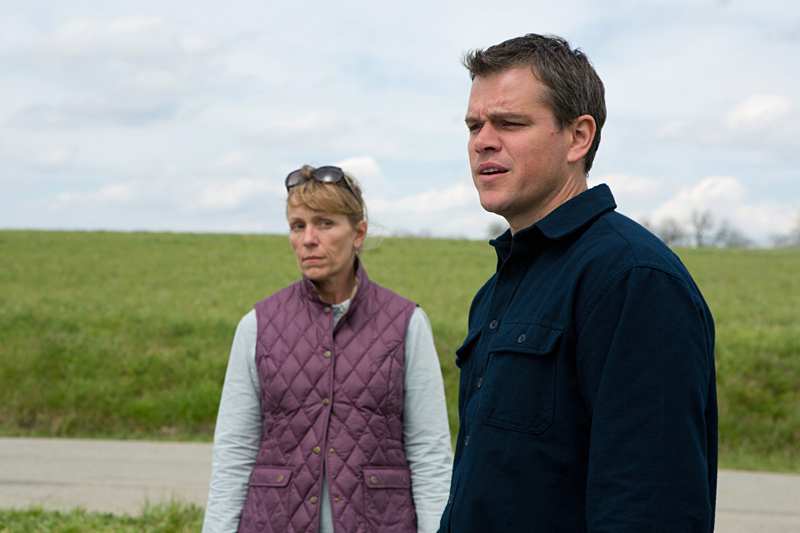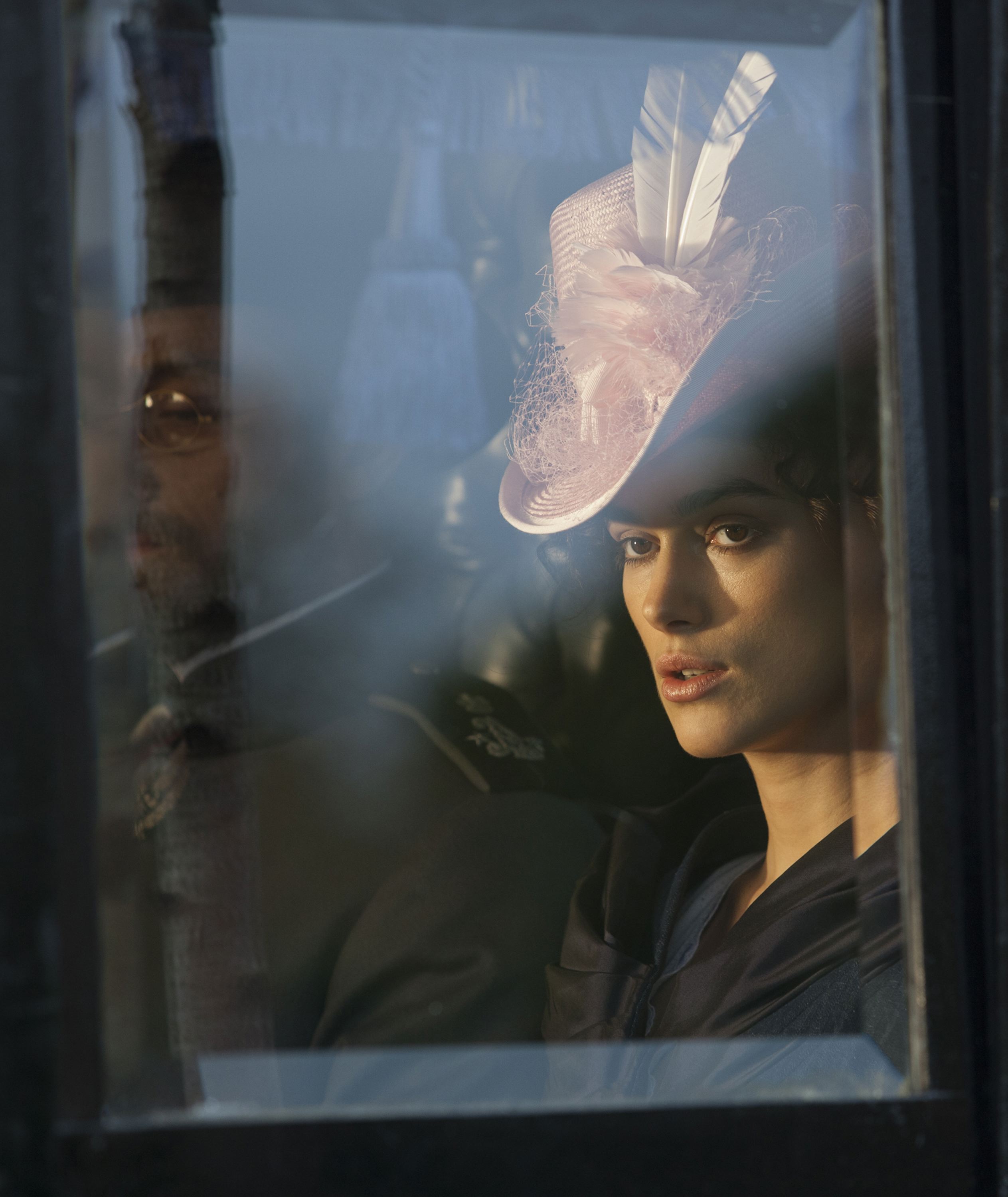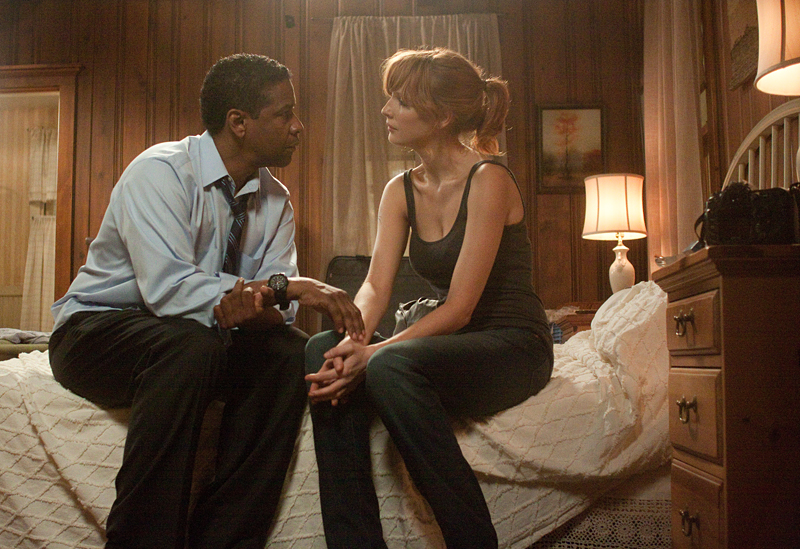One New York institution (Abel Ferrara, b. 1951, the Bronx) regards another (The Hotel Chelsea, b. 1883, West 23rd Street) in Chelsea on the Rocks. The nominal topic here is the end of an era at this red-brick Queen Anne Historical Place, where a timeline of America’s greatest artists have puked in the toilets. Most of Ferrara’s material dates from 2007, during the ousting of long-reigning manager David Bard, a landlord famously sympathetic to infamously cash-strapped artists, who cultivated the hotel’s reputation as a haven for the insolvent-but-creative. “Supposedly, they wanna make it like the Chateau Marmont,” says one interviewee, the eviction of long-term tenants looming. Chelsea is Ferrara’s first feature documentary (forthcoming are projects on Little Italy’s Mulberry Street and a women’s prison in Naples, Italy). He conducts the interviews—introduced with no onscreen name tags—and interjects profanities in a rasp that sounds as though he’s been smoking thermal insulation. This is also the first Ferrara film that doesn’t congeal: Contrasting the mostly middle-aged tenants/talking heads are flashes of youthful Dionysians and re-enactments of legendary celebrity dissipation on the Chelsea’s premises, including the death of Sid’s Nancy Spungen (played by Bijou Phillips) and Janis Joplin’s near-collapse. And how to justify the abrupt interjection of 9/11 and the disconcerting musical contributions from Ferrara and Ethan Hawke? Usually, the weaving eloquence of Ferrara’s filmmaking suffices to draw one in. Chelsea rambles—and in a way that makes you want to move down the bar.
Chelsea on the Rocks: The Hotel Is Iconic. Not So the Movie
